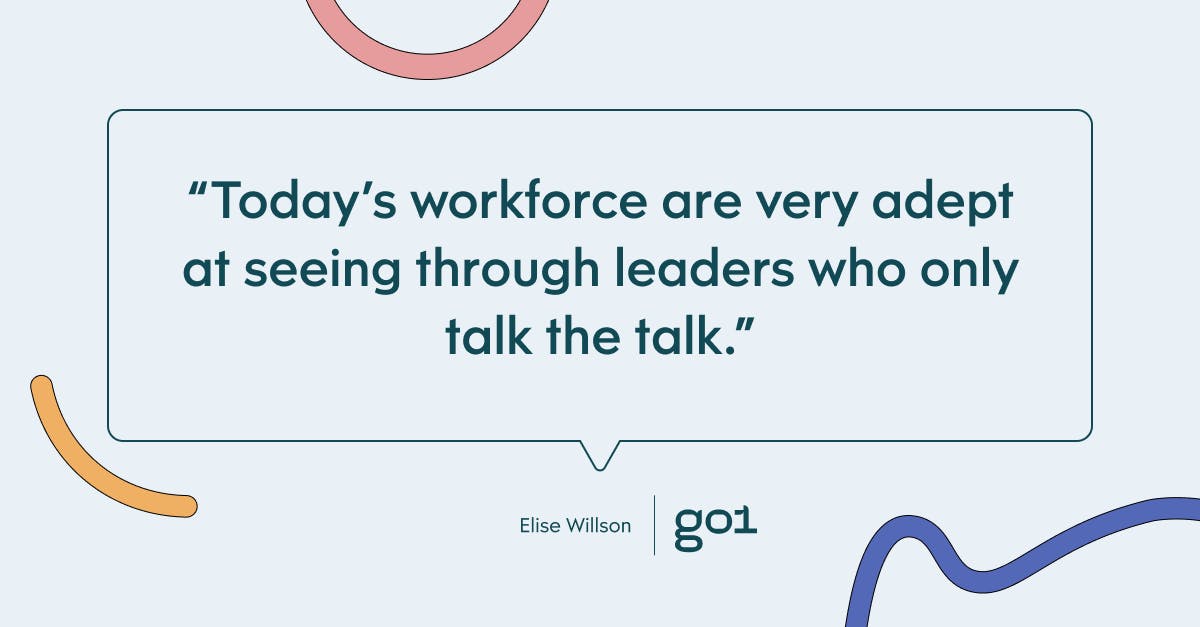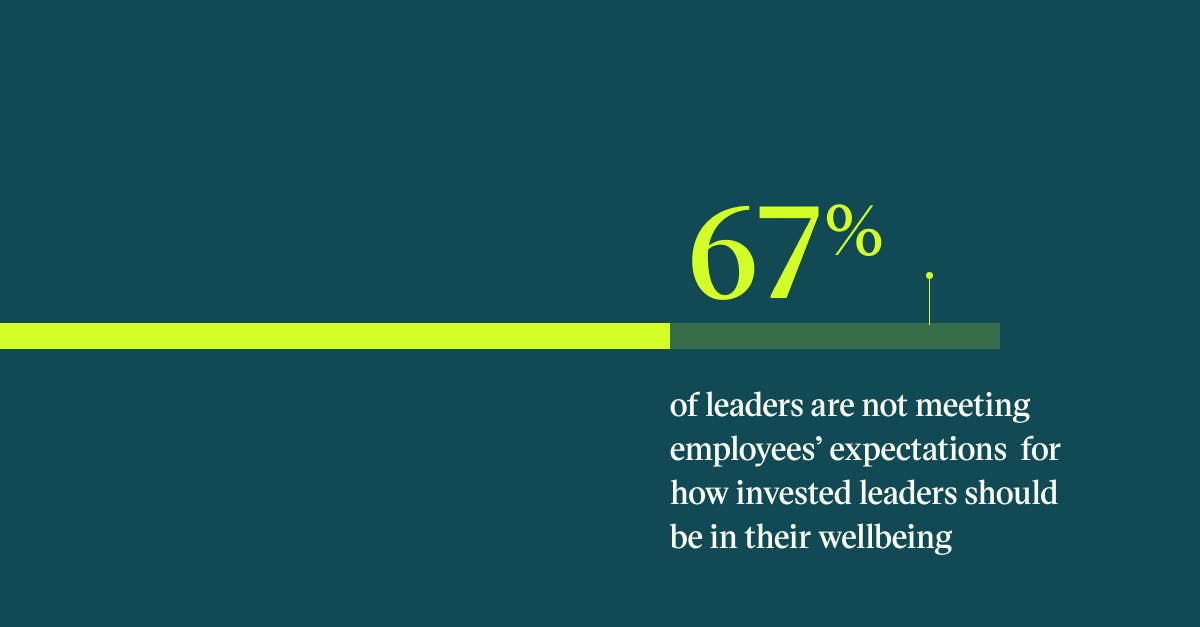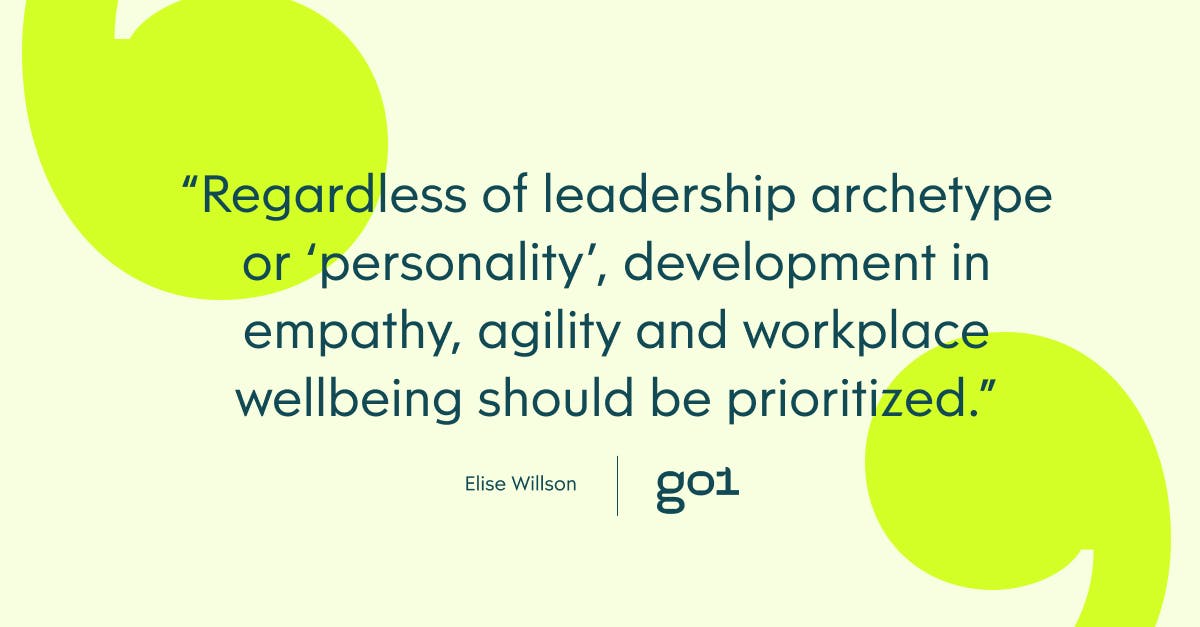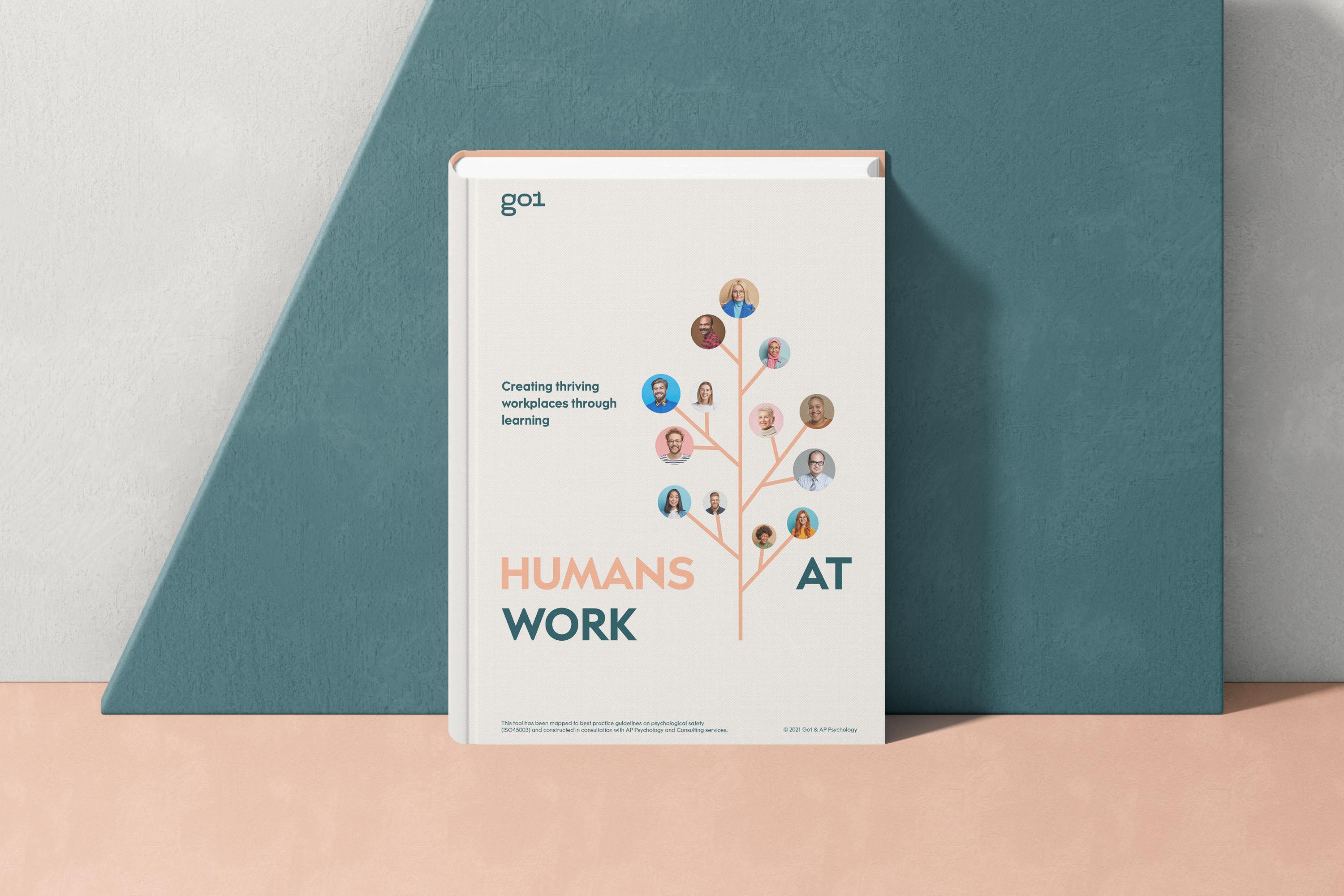
Are leaders suitably trained for the future of work?

There is no denying the dramatic shifts that have occurred to how we work. Changes around flexibility and employee wellbeing have been compounded through pandemic impacts and social justice movements.
Organizations and employees are beginning to plan beyond the uncertainty of the past few years, and the importance of capable leadership in steering towards the future of work is becoming evident.
Joe Whittinghill, VP of Talent, Learning and Insights at Microsoft, recently highlighted that, “as we face the biggest shift to how we work in our generation, it’s our managers who create the conditions and experiences that define what flexible work truly means.”

We are starting to see a working world where employees wield more negotiable and cultural power. From demanding flexible working arrangements, to mental health support and proof of organizational positive social impact; the new benchmarks have been set.
Within this new working world, bad leadership just won’t last (at least not as easily). Today’s workforce are very adept at seeing through leaders who only talk the talk.
The reality of the future of work for leaders

A lack of leadership capability is a serious barrier to organizational progress into the future of work. A recent survey from PWC name it as one of three identified significant inhibitors to progress (along with cost pressures, and organizational culture).
For varying reasons, many leaders of today are not yet equipped to support the workforce of tomorrow. More than 50% of managers find it hard to identify when their team members are struggling with their mental wellbeing, overwork or burnout.
With reports showing vividly how much of the workforce has struggled or still is struggling, it's critical that leaders are sufficiently trained and able to support their teams. Working hours (overtime) have increased by 14% since 2020, 49% of Americans said that planning for their future felt impossible in 2021, and 3 in 10 global workers say their physical and mental health has declined in the last 12 months.
As the need for wellbeing support overtakes organizational structures in place, many employees may be left struggling alone. Regardless of how things may have been done in "the past", today's workforce are asking and expecting more from their leaders when it comes to mental health and wellbeing support.

And though many leaders are doing great work here, and even more are taking steps forward, there is still a lot of 'up-skilling' needed at large. A recent Adecco Group study of 15,000 respondents across 25 countries reported that 67% of leaders are not meeting employees' expectations for how invested leaders should be in their wellbeing.
What are the steps forward?

Across industries, geographies and organizational structures it's impossible to list conclusively the work that needs to be done by leadership to prepare for the future of work.
But as employees ask for more flexibility, support and understanding, it's enough to recognise that much of the focus should to be placed on humanising the workplace.
Regardless of leadership archetype or ‘personality’, development in empathy, agility and workplace wellbeing should be prioritized. When workers are seen as whole humans and treated respectfully as such by their leaders, they are helped to be both mentally and physically healthier, which in turn fosters their ability to engage and work better.
Learning to lead with a focus on the humans at work is not simple, but will rather take continual learning, as well as some un-learning along the way.
The Humans at Work guide

Workplace mental health and wellbeing can feel overwhelming to approach, particularly if you're not sure where to begin. To help navigate these waters we have developed, in partnership with AP Psychology, the Humans at Work guide.
This auditing and planning tool will guide you in finding the right learning for your team.
If you are a current Go1 customer, you can complete the guide in partnership with your CSM and they will add a Humans at Work learning plan into your current learning structure.
If you are not currently a customer and interested in elevating your workplace's mental health and wellbeing learning, we would love to help.
Download the Humans at Work guide and let's move towards psychologically safer workplaces.




